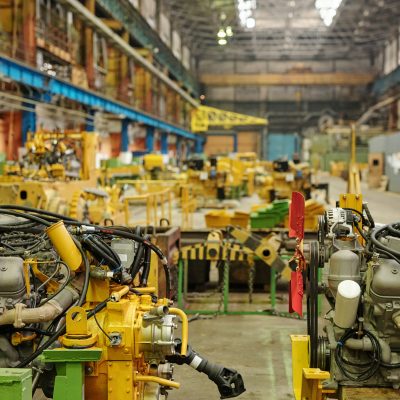Les entreprises européennes face au découplage de la Chine et des États-Unis
Cet article est extrait du rapport Construire l’autonomie stratégique de l’Europe face à la Chine publié en décembre 2021 par le groupe de travail UE-Chine.

La guerre commerciale et technologique dans laquelle sont engagées les États-Unis et la Chine a un impact direct sur les entreprises européennes. Leurs chaînes de valeur sont exposées aux secousses créées par les restrictions aux exportations et autres barrières non tarifaires mises en place des deux côtés. L’Entity List du Bureau of Industry and Security américain, qui restreint les exportations à destination de certaines entreprises étrangères, compte déjà 59 entreprises chinoises accusées de soutenir les activités militaires de Pékin. Elle a suscité de la part côté chinois la mise en place d’une liste similaire en septembre 2020, Enreliable Entity List et l’entrée en vigueur d’une nouvelle loi de contrôle des exportations début décembre 2020. La Chine vient également de renforcer ses réglementations sur la sécurité et la protection des infrastructures critiques d’information, d’imposer la localisation des données et d’exhorter les entreprises chinoises à éviter l’utilisation de technologies étrangères, en particulier dans les secteurs stratégiques prioritaires du 14e Plan quinquennal, notamment les infrastructures, pour assurer des chaînes de valeur « plus autonomes et contrôlables ». Enfin, aux mesures américaines à portée extraterritoriale, la Chine a répondu en juin 2021 par sa propre stratégie d’extraterritorialité qui peut aussi bien cibler les entreprises européennes.
À mesure que les préoccupations de sécurité nationale s’imposent dans la conduite de leur politique économique, les deux parties s’efforcent de réduire leur dépendance mutuelle en biens technologiques, jusqu’à viser, côté Chinois, un objectif d’« auto-suffisance ». Si Xi Jinping s’expose au coût économique d’une plus grande fermeture du marché chinois qui risque de limiter la productivité, la dépendance croissante de l’UE au détriment du commerce intracommunautaire et le déficit de la balance commerciale européenne avec la Chine (181 milliards d’euros en 2020) deviennent plus problématiques et appelle les entreprises européennes à s’adapter.
Elles ne peuvent renoncer à accéder à l’un de ces deux marchés stratégiques pour les exportations européennes. La classe moyenne chinoise, qui devrait encore doubler pour compter 800 millions de consommateurs hyperconnectés en 2030, représente un marché sans équivalent dont les entreprises européennes ne peuvent se passer. Le sondage réalisé en 2021 par la Chambre de commerce européenne en Chine (EUCCC) montre que 60 % des entreprises européennes présentes en Chine, prévoient d’investir plus sur le marché chinois (plus 4 % par rapport au sondage pré-Covid de 2019). Le découplage progressif des États-Unis et de la Chine dans le secteur technologique remet néanmoins en cause les modèles de développement des entreprises, contraintes de segmenter leur offre et leurs process entre la zone géographique Chine et le reste du monde.




